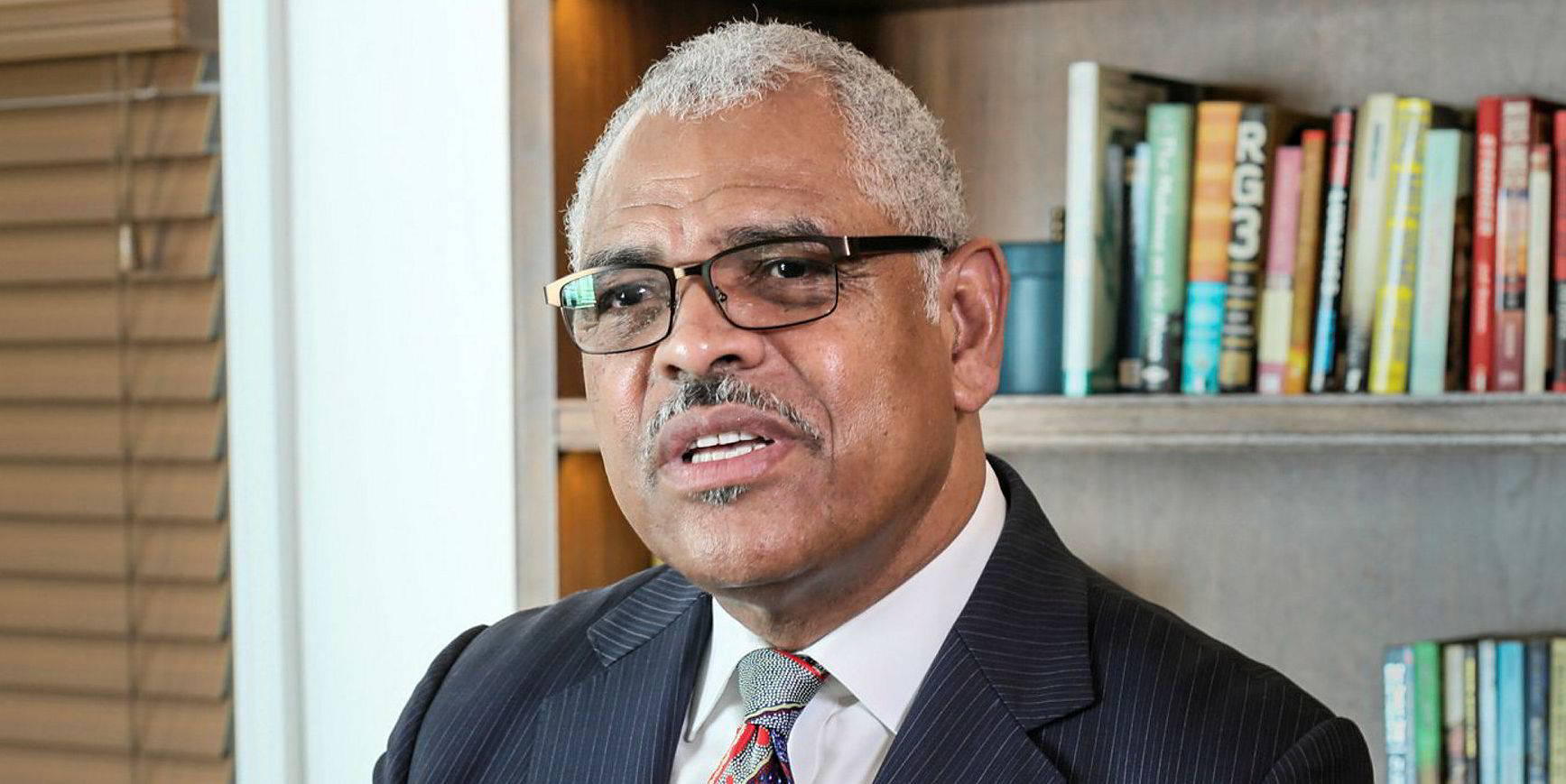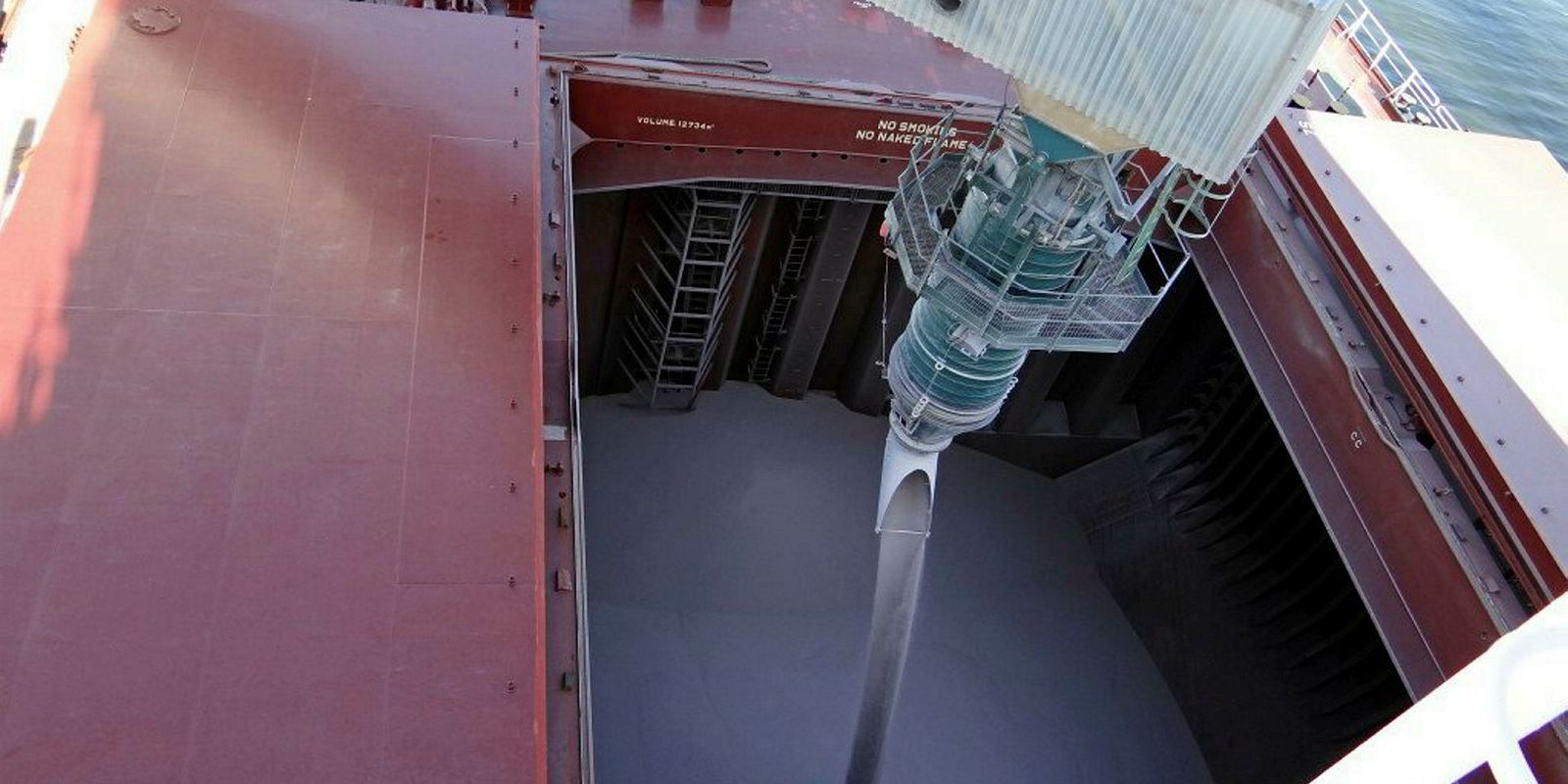Investors who prioritise environmental and social concerns are ratcheting up pressure in all areas of ship finance, a panel of debt experts told a New York conference today.
Advocates for ESG — environmental, social and governance issues — are becoming an increasing fact of life for the sector, panelists told an audience at the annual Marine Money Week conference in Manhattan.
JP Morgan executive Andy Dacy argued that along with greater discipline from banks in traditional ship lending, increased ESG priorities are among the factors that are increasing the “stability” of the industry.
“From being more environmentally friendly to how you treat your crew — these factors have become such incredibly important issues,” said Dacy, chief executive of the global transport group for JP Morgan Asset Management.
“You can’t put institutional capital to work these days without taking into account these considerations,” Dacy added, saying that both institutional investors and banks were increasing ESG focus.
Shipping is becoming more regulation-focused, he argued, “and while there may be negative aspects to that, the positives are that it makes the business more difficult to get into: hopefully that leads to a more institutionalised business, and institutionalised in a good way.”
Banker Christos Tsakonas of DNB Bank agreed.
“In any credit process we go through today, it’s gone to the very top of the agenda. You’ll see banks more strict on what vessels they’ll finance. If we don’t regulate ourselves, someone will come regulate us,” said Tsakonas, global head of shipping.
Finance specialist Randee Day, a veteran board member of public companies, said those listings are hearing the voices through Institutional Shareholder Services (ISS), the proxy advisory firm.
“ESG is right there at the top — they are very tough and quite outspoken. A lot of companies are getting phone calls from investors,” said Day, CEO of Goldin Maritime.
One Europe-based shipowner who watched the panel discussion told TradeWinds on the sidelines that if anything the speakers had underplayed the growing prominence of ESG concerns.
“We are hearing it continually,” he said. “And people don’t want to hear that you’re being green in how you scrap your ship — they want to hear that you’re not scrapping your ship. It’s like trying to tell anti-abortionists that you’re doing abortions in a very sanitary facility,” he said.
“And it doesn’t stop there and won’t stop there. We’re fielding questions now about whether any of the ships will be carrying coal as that has become a disqualifier now from some investors. Where does that stop? This can extend into refining and other areas.”
The debt panelists had talked about how equity infusions are in many cases replacing traditional shipping debt as banks have withdrawn from the market. But the ESG issue puts the sustainability of at least some of that equity in doubt, he said.
“What is available now may no longer be available five years from now as these issues advance,” he said.





